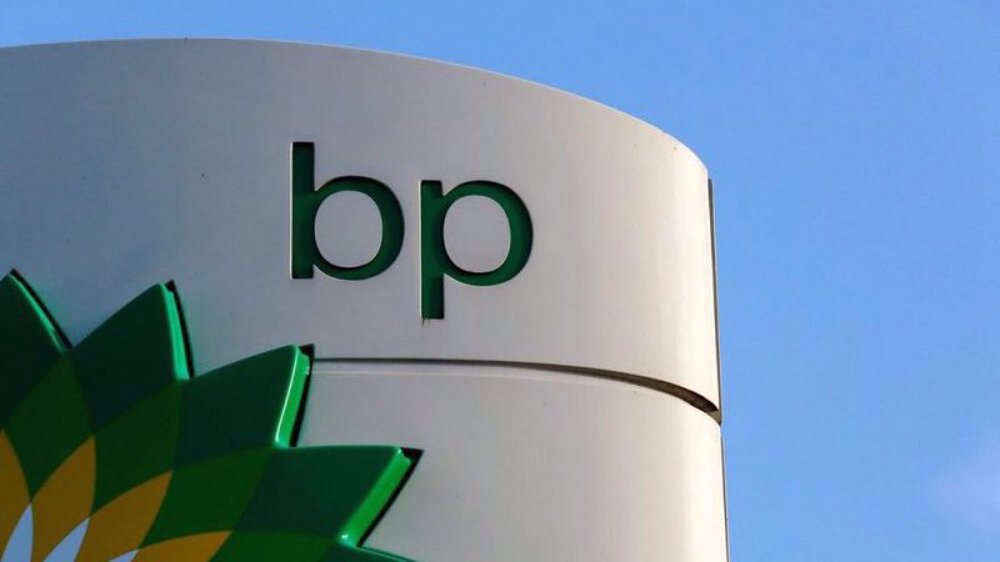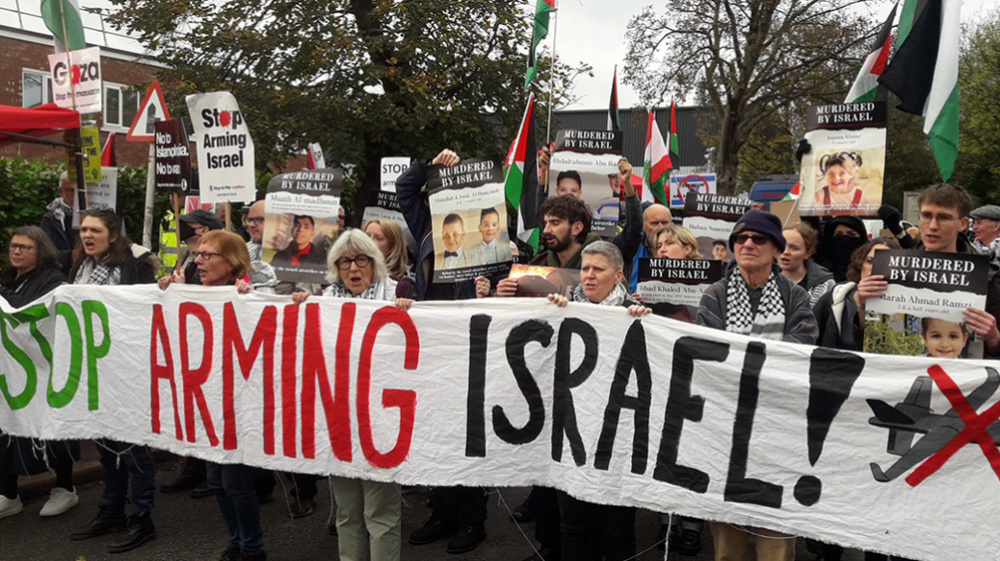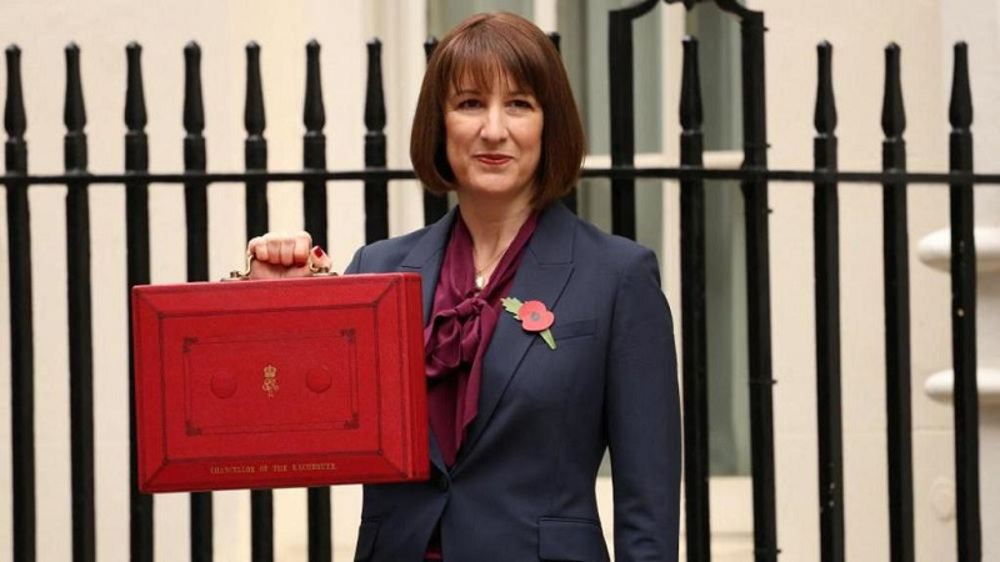EU postpones ratifying Brexit deal over UK violation
Bianca Rahimi
Press TV, London
Only two months after Brexit, the UK government has been accused of breaching international law for a second time. The grace period on the controversial agri-food controls between Britain and Northern Ireland was supposed to end on April 1, but the UK has now announced its decision to extend until October 1, saying British business is not ready. This has ruffled feathers in Brussels.
In order to safeguard the Good Friday Agreement and avoid a hard border between EU member the Republic of Ireland and Northern Ireland which is now out of the EU, the UK and the bloc decided to move the border to the Irish Sea.
So checks on goods bound for the EU must be conducted before entering Northern Ireland. These checks have disrupted supply chains there. The UK says it had to act to protect the interests of Northern Ireland and keep shelves stocked. But the European Commission says it was not informed of the decision which has undermined trust between the two sides.
The Democratic Unionist Party launched a legal challenge against the Brexit deal's Northern Ireland Protocol last month. Arguing it violates two British laws: The Act of the Union, which guarantees unfettered trade between Great Britain and Northern Ireland; and the Belfast Agreement.
Prime Minister Boris Johnson is being accused of betraying his allies in Northern Ireland by agreeing to a de facto border in the Irish Sea. Unionists are not happy. Boris Johnson has said he will do everything in his power to allay their objections.
Meanwhile customs officials have been pulled from Ulster ports after hard-line Loyalists issued death threats, stoking fears of fresh sectarian violence.
Hamas thanks Iran, Resistance Front following achievement of ceasefire in Gaza
'Capitulation': Israeli officials and media concede Gaza defeat as truce unfolds
'Gaza has won': Social media users react to ceasefire with mix of relief, joy
Iran seeks South Korea’s assistance for AI, fiber-optic projects
VIDEO | Iran's 'Eqtedar' (Power) maneuver
Israel hits HTS military target in Syria for 1st time since fall of Assad
VIDEO | Press TV's news headlines
Israel has slaughtered 13,000 students in Gaza, West Bank









 This makes it easy to access the Press TV website
This makes it easy to access the Press TV website